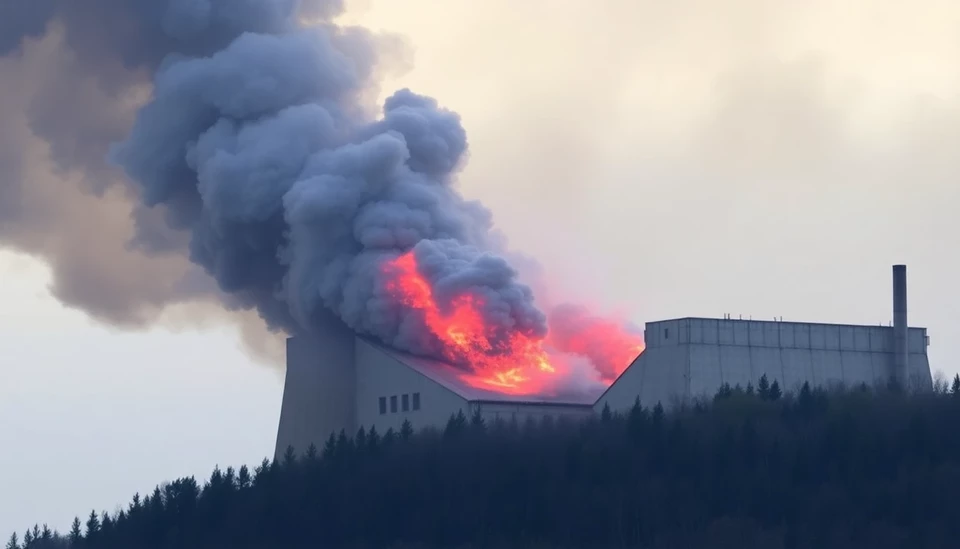
In a significant move aimed at combating climate change, the U.S. government is preparing to impose a fee on methane emissions from oil wells. This decision comes amid a backdrop of policy shifts, particularly with Donald Trump signaling a retreat from stringent environmental regulations that characterized his administration.
The new fee, which is part of broader efforts by the Biden administration to reduce greenhouse gas emissions, will specifically target methane, a potent greenhouse gas that is significantly more effective at trapping heat in the atmosphere compared to carbon dioxide. The administration is expected to announce the exact details of this initiative soon, seeking to hold oil companies accountable for their methane emissions.
This initiative reflects a wider commitment to addressing climate issues head-on, especially as international pressure grows to meet global climate targets. Methane is considered one of the most harmful emissions contributing to climate change, and its levels have continued to rise despite various national and international efforts to curtail them over the past few years.
The energy sector, particularly oil and gas, has long been criticized for its methane emissions, which often occur during the extraction, production, and transportation processes. By imposing a fee, the administration aims to incentivize companies to invest in technology and practices that can help reduce these emissions.
Critics of the plan, including some industry representatives, argue that this fee could lead to increased costs that would ultimately be passed on to consumers, while environmentalists have lauded the potential for substantial reductions in harmful emissions. The forthcoming regulatory framework is expected to balance these competing interests by establishing fair pricing for methane emissions.
Moreover, as the Biden administration navigates these regulatory waters, the specter of Trump’s previous rollback of environmental protections looms large. Observers note that reintroducing a fee on methane is a stark contrast to the deregulatory ethos that defined much of Trump’s presidency. The new policy not only signifies a clear pivot but also reinforces the administration's commitment to tackling climate change aggressively.
The energy industry will be closely monitoring the implementation of this fee, as it could have far-reaching implications for operational costs and environmental strategies moving forward. As discussions continue, stakeholders from various sectors will be weighing in on the potential impacts, both economic and environmental.
Ultimately, this new methane fee is a pivotal step in the United States’ aim to align more closely with international climate goals and to take responsibility for emissions that have global repercussions. While the outcome remains uncertain, the administration is poised to move forward with its plans, signaling a renewed focus on environmental accountability as a priority in domestic policy.
As the announcement approaches, industries and environmental advocates alike await clarity on what the fee will entail and how it will be enforced, shaping the future landscape of energy production and its environmental impact in the U.S.
<>#> #methanefee #climatechange #BidenAdministration #oilwells #Trump #environmentalpolicy #greenhousegases #energysector #<
Author: Megan Clarke




